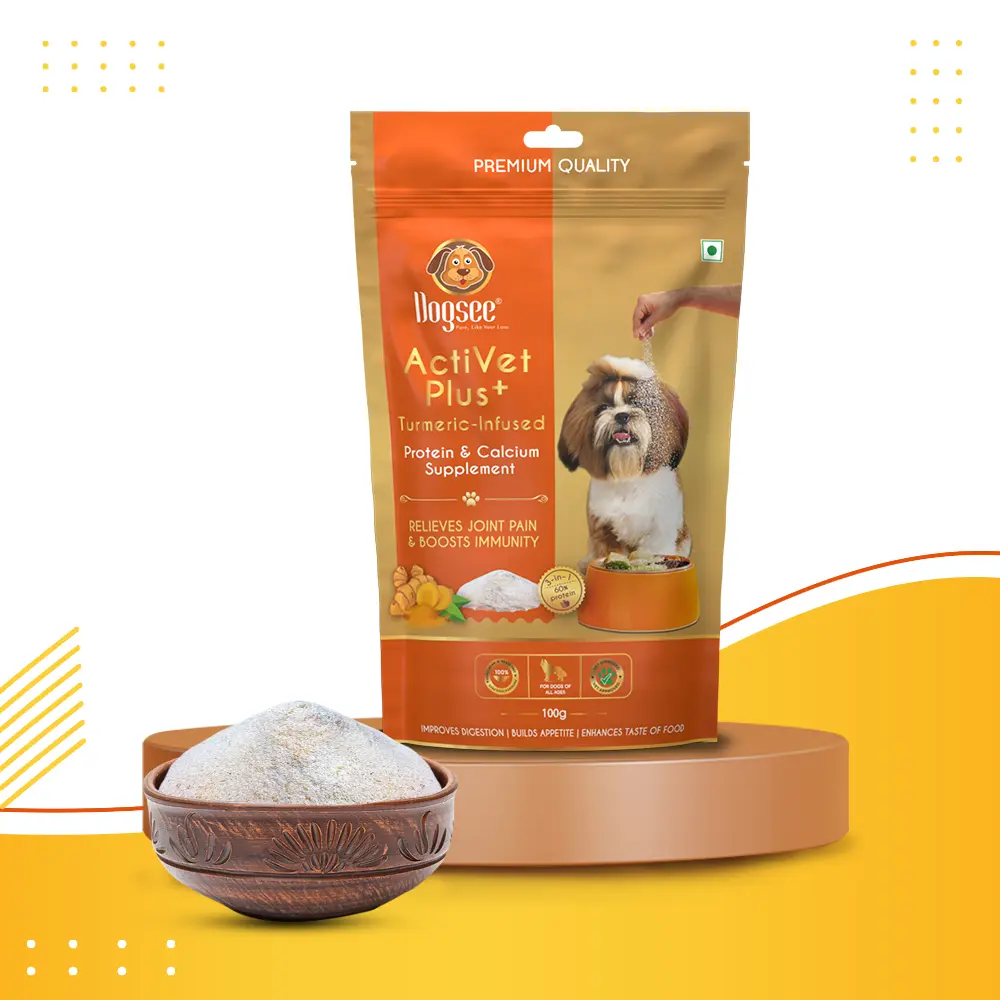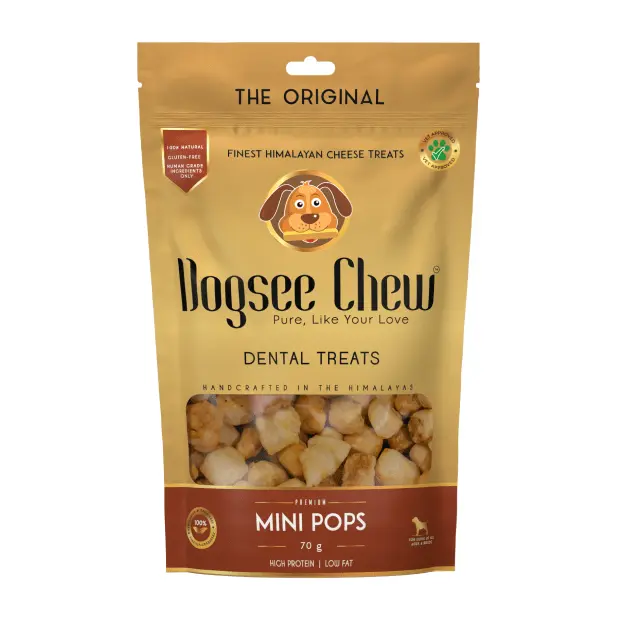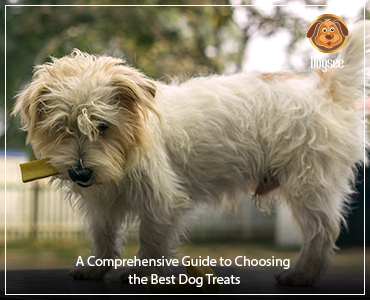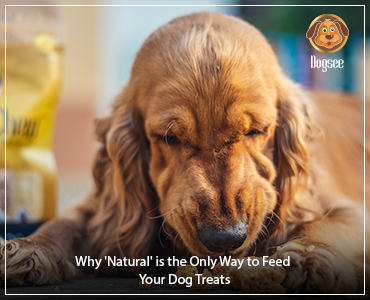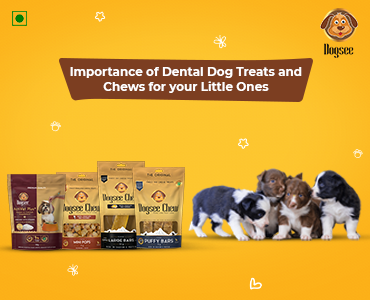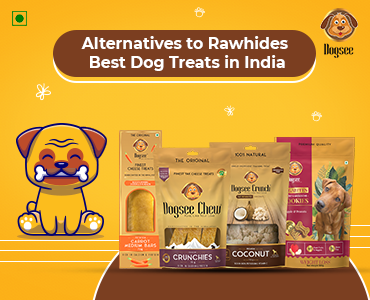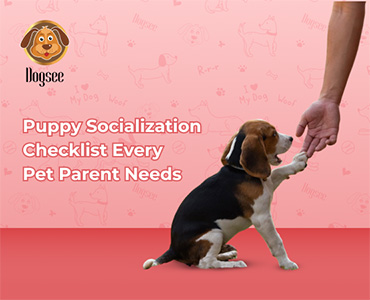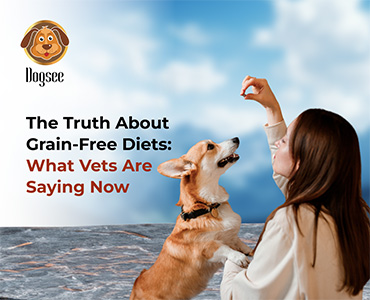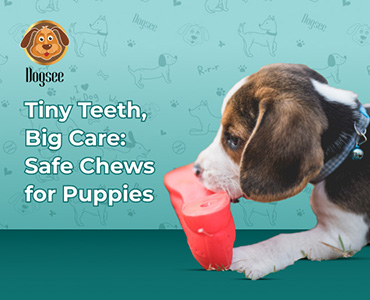
As a responsible pet parent, ensuring that your dog receives the proper nutrition is one of the most critical aspects of their care.
A balanced diet is the foundation of a healthy and happy life for your furry friend. However, even with the best intentions, many pet parents unintentionally leave gaps in their dog's diet, leading to potential health issues.
These gaps can occur due to a variety of reasons, including feeding practices, lack of knowledge, or the natural limitations of commercial dog food.
This blog will explore the importance of overall nutrition for dogs, identify six common nutritional gaps in dog diets, and provide practical ways to address these deficiencies, ensuring your dog remains healthy, active, and vibrant.
Why Overall Nutrition is Important for Dogs

Dogs, like humans, require a healthy dog diet to thrive. Proper nutrition provides the energy and nutrients needed for their bodies to function optimally, supporting everything from growth & development to immune system health and maintaining a healthy coat.
A well-balanced diet for dogs typically includes proteins, fats, carbohydrates, vitamins, minerals, and water. Each of these components serves a specific purpose:
Proteins are essential for building and repairing tissues, producing enzymes and hormones, and supporting a healthy immune system.
Fats provide a concentrated source of energy, support brain function, and help absorb fat-soluble vitamins.
Carbohydrates supply energy and aid in proper digestion.
Vitamins and minerals are vital for metabolic functions, bone health, and maintaining a healthy coat and skin.
Water is necessary for hydration, digestion, and regulating body temperature.
When any of these elements are lacking or imbalanced in a dog's diet, it can lead to a range of health issues - from minor ailments like dry skin and dull coats to more serious conditions such as weakened immune system, digestive problems, and chronic diseases.
6 Common Nutritional Gaps in Dog Diets
Despite the availability of commercial dog foods that claim to be "complete and balanced," many dogs still experience nutritional deficiencies. Here are six common nutritional gaps that often occur in dog diets:
1. Omega-3 Fatty Acids
Omega-3 fatty acids, particularly EPA and DHA, are essential for reducing inflammation, supporting heart health, and maintaining a healthy coat & skin. However, many commercial dog foods are low in these important fats, leading to deficiencies that can manifest as dry skin, dull coats, and increased susceptibility to inflammatory conditions such as arthritis.
2. Fibre
Fibre is crucial for maintaining healthy digestion and preventing issues like constipation, diarrhea, and obesity. Many commercial dog foods, especially those based on meat, are low in fibre. This deficiency can lead to digestive problems, weight gain, and a lack of energy in dogs.
3. Vitamins and Minerals
While many dog foods claim to provide all the necessary vitamins and minerals, the quality and bioavailability of these nutrients can vary. Common deficiencies include vitamin D (essential for bone health), vitamin E (an antioxidant), and minerals like zinc and magnesium. These gaps can lead to a range of issues, including weak bones, poor immune function, and skin problems.
4. Probiotics
Probiotics are beneficial bacteria that support gut health and enhance the immune system. They are particularly important for dogs with digestive issues or those on antibiotics, which can disrupt the natural balance of gut bacteria. Unfortunately, many dog foods lack adequate levels of probiotics, leading to digestive problems and weakened immunity.
5. Taurine
Taurine is an amino acid that is crucial for heart health, particularly in certain dog breeds that are prone to taurine deficiency, such as Golden Retrievers and Cocker Spaniels. Some commercial dog foods, especially those that are grain-free, may lack sufficient taurine, increasing the risk of heart disease in these breeds.
6. Water
While not a nutrient per se, water is essential for every aspect of a dog's health, from digestion to temperature regulation. Some dogs do not drink enough water, particularly if they are fed dry kibble, leading to dehydration and associated health issues such as kidney stones and urinary tract infections.
Ways to Fulfill the Above Nutritional Gaps in Dog's Diets

Addressing these nutritional gaps is crucial to ensuring your dog's health and well-being. Here are practical ways to fill these gaps and provide your dog with a balanced and nutrient-rich diet:
1. Supplement with Omega-3 Fatty Acids
A good vegetarian supplement for Omega-3 fatty acids for dogs is flaxseed oil. Flaxseed oil is rich in alpha-linolenic acid (ALA), a type of Omega-3 fatty acid that supports healthy skin, a shiny coat, and overall well-being in dogs. Another option is chia seeds, which are also high in Omega-3s and can be easily added to your dog's diet. When choosing a supplement, it's important to consult your veterinarian to ensure it's appropriate for your dog's specific health needs.
2. Increase Fibre Intake
Adding fibre to your dog's diet can be as simple as incorporating fruits and vegetables like pumpkin, sweet potatoes, or green beans into their meals. These foods are natural sources of fibre that can aid digestion, promote a healthy weight, and keep your dog feeling full and satisfied. Additionally, consider high-fibre dog treats such as Dogsee Mini Pops or supplements that are designed to boost fibre intake.
3. Ensure Adequate Vitamins and Minerals
To address potential vitamin and mineral deficiencies, consider incorporating a high-quality multivitamin supplement into your dog's diet, such as Dogsee Activet Coconut Multivitamin Supplement. These supplements are designed to fill in the nutritional gaps that commercial dog foods may leave behind. Additionally, feeding your dog a variety of nutrient-dense foods, such as organ meats, eggs, and leafy greens, can help provide a more complete range of vitamins and minerals.
4. Introduce Probiotics
Probiotics can be added to your dog's diet through probiotic supplements or by feeding them fermented foods like plain yogurt or kefir. These foods contain beneficial bacteria that support gut health and enhance the immune system. Look for dog-specific probiotic supplements that are designed to survive the acidic environment of the stomach and reach the intestines, where they can be most effective.
5. Monitor Taurine Levels
If you have a breed that is prone to taurine deficiency, such as a Golden Retriever or Cocker Spaniel, it's important to monitor their diet closely. Consider adding taurine-rich foods like organ meats (especially heart and liver) and certain seafood to their diet. Additionally, taurine supplements are available and can be added to your dog's food under the guidance of a veterinarian.
6. Encourage Hydration
To ensure your dog is getting enough water, always provide fresh, clean water and consider adding wet food or broths to their diet. Wet foods have a higher moisture content than dry kibble, which can help keep your dog hydrated. You can also make water more appealing by adding a splash of low-sodium broth or offering ice cubes as a treat, especially in warmer weather.
Conclusion
Providing a healthy dog diet that is balanced and nutrient-rich is essential for your dog's long-term health and well-being. While commercial dog foods are convenient and often marketed as complete nutrition, they may still leave nutritional gaps that can affect your dog's health over time. By understanding the common nutritional gaps in dog diets and taking proactive steps to address them, you can ensure your furry friend receives the comprehensive nutrition they need to thrive.
Incorporating omega-3 supplements, increasing fibre intake, ensuring adequate vitamins and minerals, introducing probiotics, monitoring taurine levels, and encouraging proper hydration are all effective strategies to fill these gaps. Additionally, incorporating high-quality, natural treats from Dogsee can help support your dog's overall health.
Always consult your veterinarian before making significant changes to your dog's diet or introducing new supplements. With the right approach, you can provide your dog with the balanced nutrition they need to lead a healthy, happy, and active life.
 HELPFUL0 people found it helpful
HELPFUL0 people found it helpful
Related Blogs
Subscribe to Our Blogs
and never miss on the latest update!








